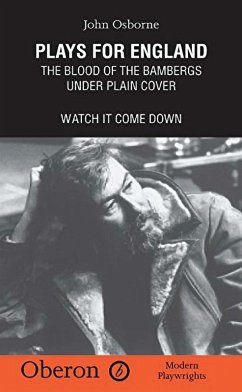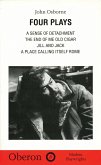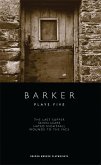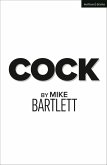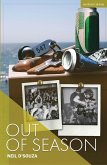John Osborne (1929-1994) was the leading playwright of the post-war British theatre revival: a rennaissance that is said to have started when his Look Back in Anger was first performed at the Royal Court Theatre. It led to the coining of the phrase 'angry young man', which applied not only to Osborne but also to many new writers who criticised the system.
But Osborne was not a conventional revolutionary; his attack on the present was in fact a mourning for the loss of past values, a stance that became clearer in his later plays. The Blood of the Bambergs, the first of the two companion "Plays for England" (1963), is a satirical account of a royal wedding. The second play, Under Plain Cover depicts a marriage in crisis that becomes a tabloid 'human interest' story. Watch it Come Down (1975) is the story of a man waiting for death, while his friends trash and scar each other around him.
But Osborne was not a conventional revolutionary; his attack on the present was in fact a mourning for the loss of past values, a stance that became clearer in his later plays. The Blood of the Bambergs, the first of the two companion "Plays for England" (1963), is a satirical account of a royal wedding. The second play, Under Plain Cover depicts a marriage in crisis that becomes a tabloid 'human interest' story. Watch it Come Down (1975) is the story of a man waiting for death, while his friends trash and scar each other around him.

